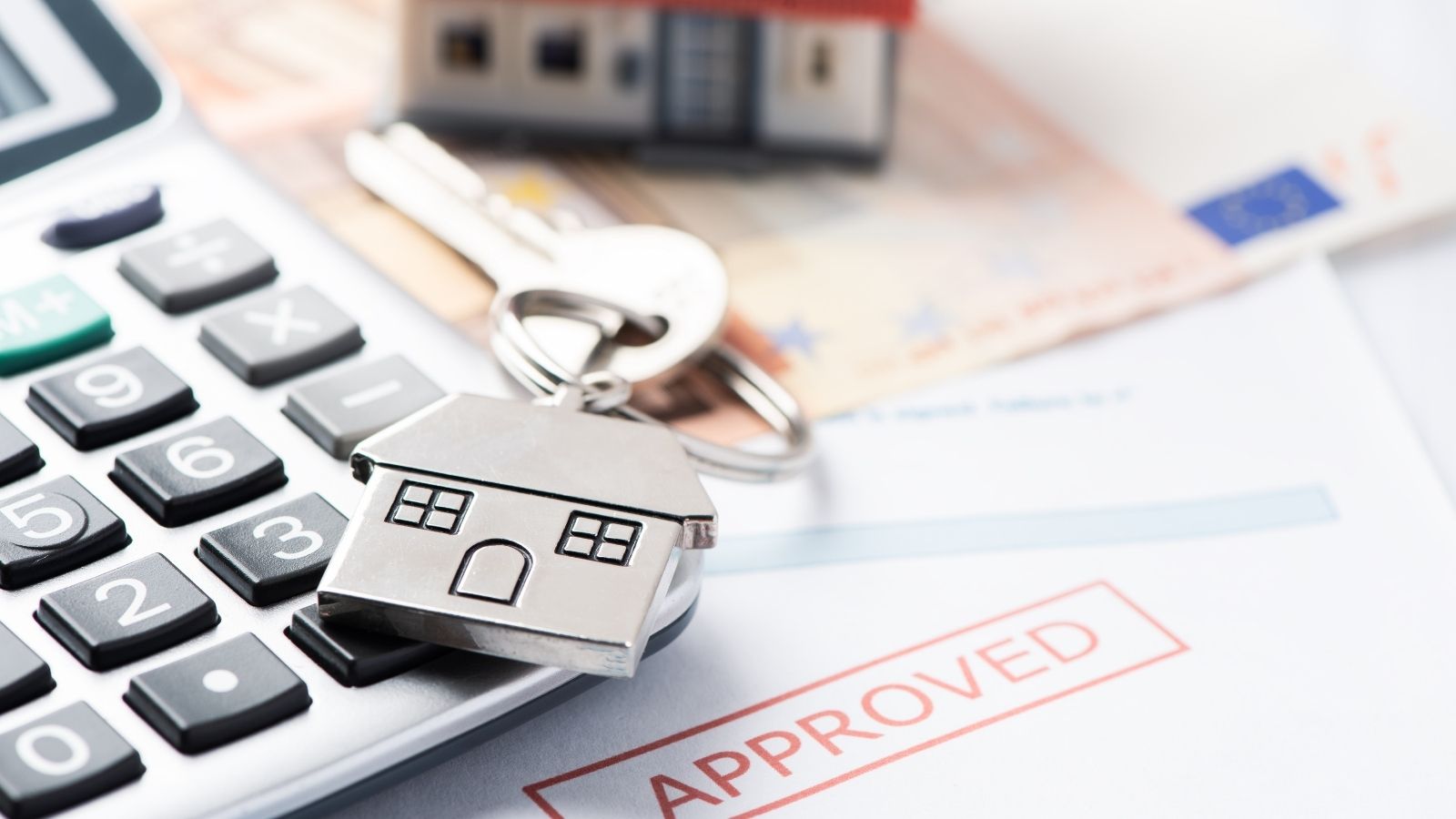Are you in the market for a home mortgage loan? If so, you’re probably feeling a little overwhelmed. There’s a lot of information out there about home mortgage loans, and it can be difficult to know where to start.
Purchasing a home is one of the most important decisions you will ever make in your life. It’s also a big investment, which is why it’s important to educate yourself about all aspects of home mortgage loans before you even begin looking at houses.
The Four Types of Home Mortgage Loans
Your first step in the journey is to identify which type of home mortgage loan you’re qualified to apply for. The most common type is the conventional home loan. There’s a VA loan for veterans, an FHA loan for people who struggle with qualifying for a conventional loan, and there are USDA loans for rural properties.
For a conventional loan, you’ll need a credit score of 620 or higher, and you’re usually required to have no less than 20 percent equity in your home, meaning a down payment in cash.

The VA loan doesn’t require a down payment, the FHA loan requires a down payment of at least three percent, and the USDA loan has no down payment requirement.
In terms of closing costs, the conventional loan requires the most money. You’ll likely have to pay lender fees, appraisal fees, title insurance, and other miscellaneous closing costs that can amount to thousands of dollars.
The VA loan has minimal closing costs, the FHA loan allows you to roll some of your closing costs into your mortgage, and the USDA loan doesn’t charge any closing costs.
The Different Types of Lenders
There are different types of lenders who can help finance the purchase of your new home, which include banks, credit unions, mortgage brokers, and online lenders.
Banks are the traditional type of lender that most people think of when they’re looking for a home mortgage loan. They offer a wide variety of products, but their interest rates tend to be higher than those offered by other types of lenders.
Credit unions are nonprofit organizations that offer members some pretty good interest rates on mortgages. They also have more flexible guidelines than banks do, so they may be a better option if you don’t quite meet the requirements for a conventional loan.
Mortgage brokers work with multiple lenders and can usually get you a good deal on a home mortgage loan because they have access to many different products. However, it’s important to remember that mortgage brokers are paid by the lender, so they may not have your best interests at heart.
Online lenders are a relatively new option for getting a home mortgage loan. They offer competitive interest rates, and some of them allow you to complete the entire process online without ever having to speak to a human being.
The Importance of Shopping Around
It’s important to shop around for different lenders before you decide on one. This is because lender fees account for a large percentage of the closing costs when you purchase a home. You don’t want to end up paying more than you have to in order to get into your dream home.

So, what should you look for when shopping around? First, compare interest rates between different lenders. Second, ask about fees. Third, ask about the minimum credit score required and the debt-to-income ratio. Fourth, find out what the down payment requirement is. And finally, get quotes for closing costs from different lenders to see who has the best deal.
Your Work History and Bank Accounts
Many first-time homebuyers aren’t aware that their lender will run their credit and employment verification the day before or the day of closing.
If they see that you’ve changed jobs, that you’ve financed big purchases, or if you’ve made significant withdrawals or purchases from your bank accounts, they have the right to withdraw their offer, even on the day you’re supposed to get your keys.
Have All of Your Documents Prepared in Advance
The bank is going to require a lot of documentation from you regarding income and expenses, including pay stubs, bank statements, and tax returns.
So, it’s a good idea to have all of these documents prepared in advance so you can speed up the process when you finally go through with your loan application.
The Home Loan Application Process
Once you’ve found the right lender and you’ve gathered all of your documentation, it’s time to apply for a home mortgage loan. This process usually involves completing a loan application and submitting it to the lender.

The lender will then review the application, and if everything looks good, they’ll approve it. At this point, they’ll issue a commitment letter stating how much money they’re willing to lend you and what the interest rate will be. The application process typically takes about two weeks.
The Importance of Pre-Approval
It’s important to get pre-approved for a home mortgage loan before you start shopping for houses. This is because it shows sellers that you’re a serious buyer and that you have the financial backing to purchase their home. It also gives you an idea of how much house you can afford.
Conclusion
A home mortgage loan is a loan that you take out in order to purchase a house. There are many different types of home mortgage loans, each with its own set of qualifications. It’s important to shop around for the best interest rates and fees and to make sure you meet all of the lenders’ requirements before applying. And finally, don’t forget to get pre-approved so you know how much house you can afford.

Ask your real estate agent for more information about financing your new home with a home mortgage loan. Your agent may also have good working relationships with lenders they can refer you to.

